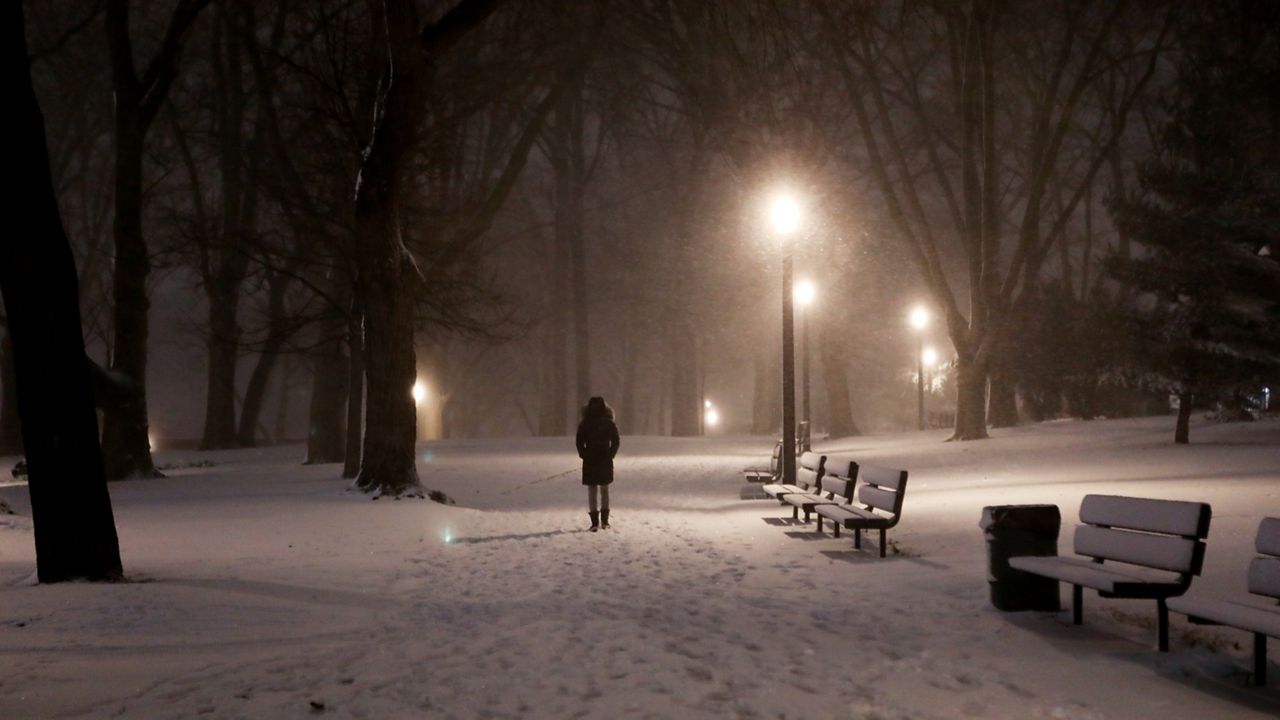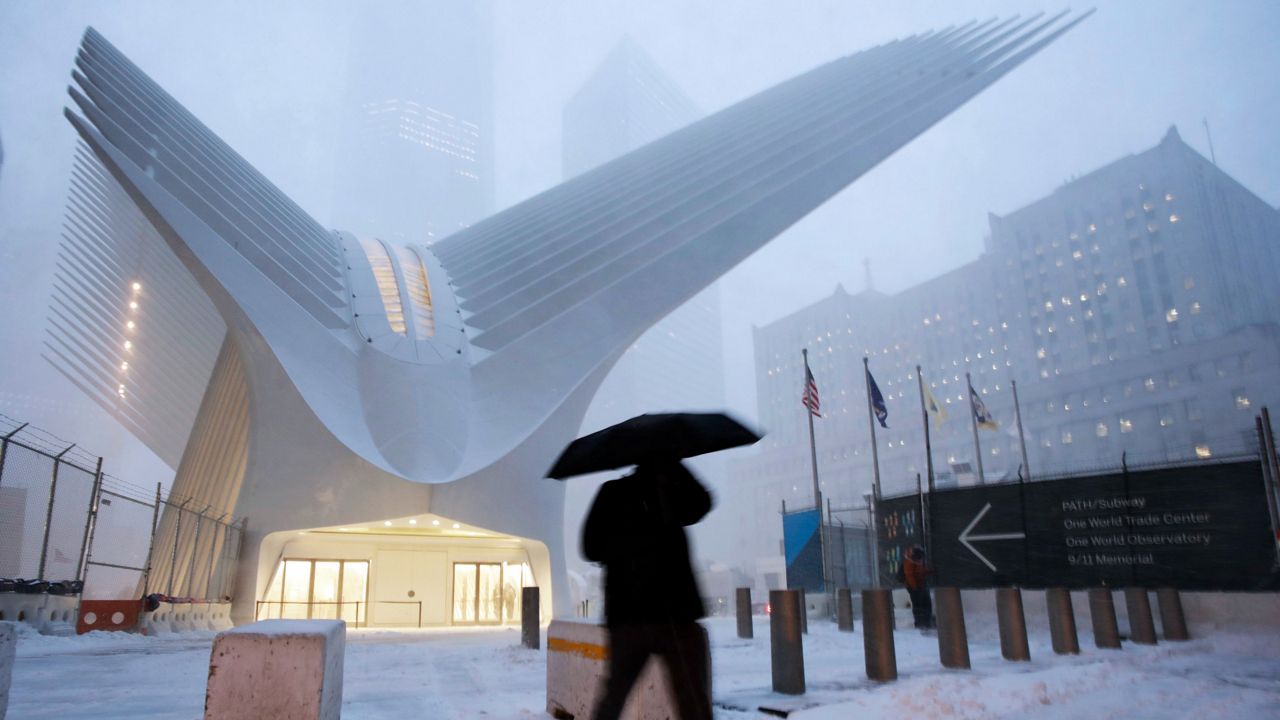When it comes to climate change, talking about broken records can feel like a broken record. For the second straight year, we’ve set a new record for global temperature, and it’s part of a concerning trend.
“The top 5 hottest years have all been in the last decade,” explained Jen Brady, a climatologist from Climate Central.
Also, this year, for the first time, temperatures reached the critical climate benchmark of 1.5 degrees Celsius above average.
“One point five is really a level that was agreed upon by scientists around the globe as an important point that we’d see more and more impacts,” Brady said.
Those impacts mean more billion-dollar disasters. This year, we saw the second most of these events, and their pace has been accelerating — and the federal government’s data is adjusted for inflation.
“We’ve had twice as many billion-dollar disasters as we’ve had in the last 40 years,” Brady said.
“The long-term average, since 1980, is eight and a half, but the last 10 years, the last decade or so, the average has been closer to 19.”
The hotter temperatures and extreme weather in 2024 helped create wildfires in our city parks. The changing climate also means that utilities like Con Edison have had to adapt.
“When we invest in components like transformers and cable, we’re thinking about 40, 50 years into the future, not for the climate we have today but for the climate we’re going to have 50 years from now,” said Jamie McShane, a Con Edison spokesperson. “We know that the heat waves are getting more intense, lasting longer, we know the storms and the weather are getting more severe, so when we design and operate the system, it’s with climate science in mind.”
Con Edison has a growing inventory of new tech to meet the challenge.
“Electric vehicles, heat pumps, solar panels, clean energy solutions, and clean energy pollution that ease the strain on the grid,” McShane said.
An international consulting firm gave ConEd top honors for its 2024 National Reliability Award, calling it the most reliable U.S. utility.
Con Edison shared with NY1 that it is projecting that because of the rapid electrification of buildings, it expects to be providing more power in the winter than in the summer in the coming years.
As for 2025, experts say that the heat will go on, with another top five hottest year projected.











